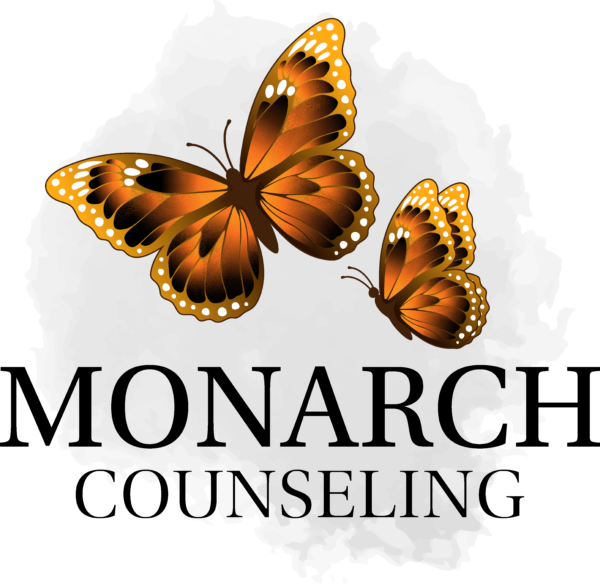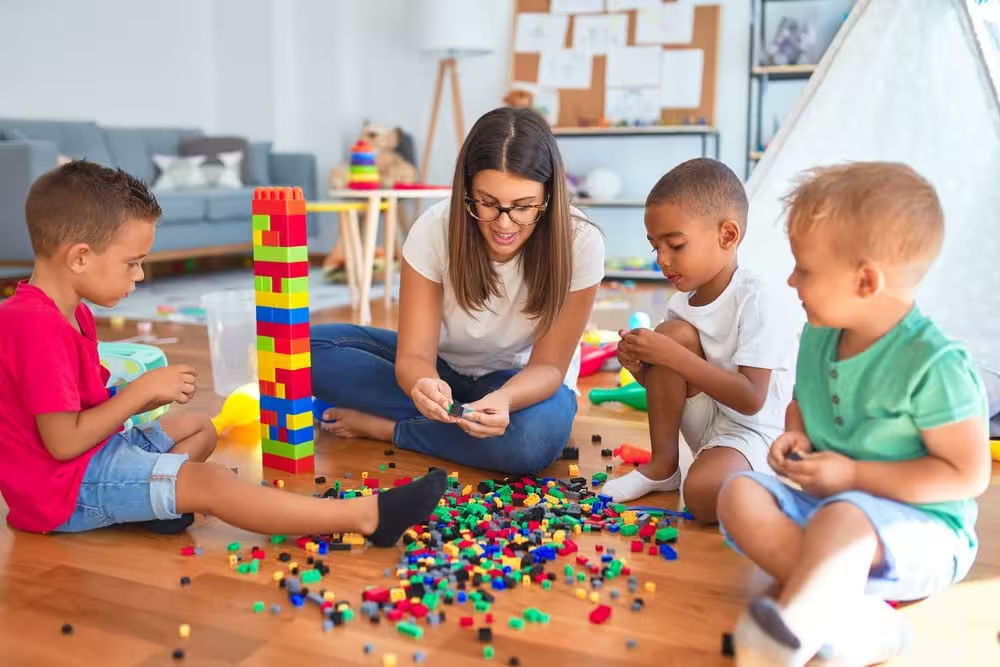Childhood trauma can have a deep and lasting impact on a child’s mental and emotional health. It might result from a wide range of experiences, such as abuse, neglect, the loss of a loved one, or other significant life events. Because children often struggle to express their feelings through words, traditional talk therapy might not be the most effective approach. This is where play therapy comes in.
Play therapy allows children to use play as a way to process emotions, communicate their thoughts, and start their healing journey. In this blog, we’ll explore the role of play therapy in helping children cope with trauma and why it’s a valuable method for therapists and parents alike.
1. What is Play Therapy?
Play therapy is a form of therapy specifically designed for children. It uses the natural language of play to help them express feelings, process difficult experiences, and learn to cope with challenging emotions. The child is provided with toys, games, dolls, and art materials in a safe and welcoming environment, guided by a trained therapist.
During these sessions, the therapist observes how the child interacts with the materials, which provides insights into their emotional state. Children can act out their fears, worries, or anxieties through play in ways they may not be able to articulate in words. The goal is to create a space where they feel secure and understood.
2. How Does Play Therapy Help in Healing Trauma?
Children who have experienced trauma often feel a loss of control, confusion, and fear. They may not have the ability to describe these emotions because they lack the vocabulary or understanding to do so. Play therapy helps by allowing the child to express these feelings without needing words.
Through play, the therapist helps the child process traumatic events in a non-threatening way. For example, a child who has experienced abuse might reenact a scenario with dolls, expressing feelings of anger, sadness, or helplessness. This allows the child to confront difficult emotions safely, which is the first step toward healing.
3. Building Trust and Safety
One of the most critical elements of play therapy is building a sense of safety and trust. Children who have gone through trauma might find it hard to trust others, making it difficult for them to engage in other forms of therapy. Play therapy helps establish a trusting relationship between the child and the therapist.
The child leads the play, and the therapist follows their cues, providing support and understanding. Over time, the child begins to feel more comfortable and starts to open up, revealing deeper emotions and thoughts. This trust-building is essential for the child to feel safe enough to explore painful memories and feelings.
4. Helping Children Develop Emotional Skills
Play therapy does more than just help children process trauma—it also teaches them valuable emotional skills. Through play, children can learn how to express themselves, cope with anxiety, and handle strong emotions like anger or sadness.
For instance, if a child becomes frustrated during a game or play activity, the therapist can guide them on how to manage that frustration. Over time, the child develops healthier ways to handle stress and communicate their needs, which can significantly improve their emotional well-being.
5. Encouraging Healthy Coping Mechanisms
Trauma can lead children to develop unhealthy coping mechanisms, such as withdrawing from others or acting out. Play therapy helps children discover healthier ways to cope. By exploring different scenarios and outcomes in their play, they can experiment with new behaviors and responses in a safe environment.
For example, a child who has experienced neglect might role-play taking care of a doll, which helps them understand concepts like self-care and empathy. Through repeated play, these positive behaviors can become part of their natural responses, supporting their long-term mental health.
6. Strengthening the Parent-Child Relationship
Parents play a vital role in their child’s recovery from trauma. Some play therapy approaches involve parents in the sessions, which helps strengthen the parent-child relationship. The therapist might guide the parent on how to engage with the child during playtime, helping them connect and communicate more effectively.
This involvement can also provide parents with insights into their child’s emotional state and help them understand how to support their child outside of therapy. When parents and children engage in therapeutic play together, it builds trust and encourages open communication, which is essential for long-term healing.
7. When to Consider Play Therapy
If a child has experienced trauma and is struggling with emotions or behaviors, play therapy can be an effective approach. Signs that a child might benefit from play therapy include:
- Withdrawal from family and friends.
- Trouble sleeping or frequent nightmares.
- Aggressive or disruptive behavior.
- Unexplained fears or anxiety.
- Difficulty concentrating in school.
If these signs are present, it’s a good idea to consult with a professional therapist. Early intervention through play therapy can make a significant difference in a child’s emotional development and overall well-being.
8. Choosing the Right Therapist
Choosing the right therapist is essential for successful play therapy. The therapist should have specialized training in play therapy and experience working with children who have experienced trauma. Look for someone who creates a warm and supportive environment where the child feels safe.
At Monarch Counseling, our experienced therapists understand the unique needs of children dealing with trauma. We use play therapy and other child-focused approaches to help kids navigate their emotions, build resilience, and find a path toward healing.
Play therapy is a powerful tool for helping children heal from trauma. It provides a safe and supportive space for children to express emotions, process difficult experiences, and build essential coping skills. By using the natural language of play, therapists can reach children in ways that traditional therapy might not.
If you believe your child could benefit from play therapy, consider reaching out to a professional therapist who specializes in this approach. Early support can make a big difference in your child’s ability to recover and thrive.
Remember: Healing from trauma is a journey, but with the right support and therapeutic approach, children can overcome even the most difficult experiences and develop a stronger sense of self.

